Lactation Equity Coalition
Our vision: to see lactation and human milk access as a human right for all families
The mission of the Coalition is to expand the people, places, and policies that will ensure human milk access for all
In Spring of 2023, parents, community health workers, business owners, researchers, public health advocates, and organizational leaders came together to vision a world where lactation and human milk access is a human right for all families. Centered in racial justice and intersectional inclusion, this group of cross-sector stakeholders was born in Washington County, Oregon, and participated in multiple visioning workshops to build the foundation for this Coalition.


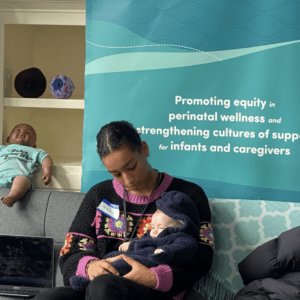
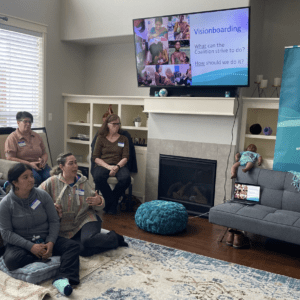





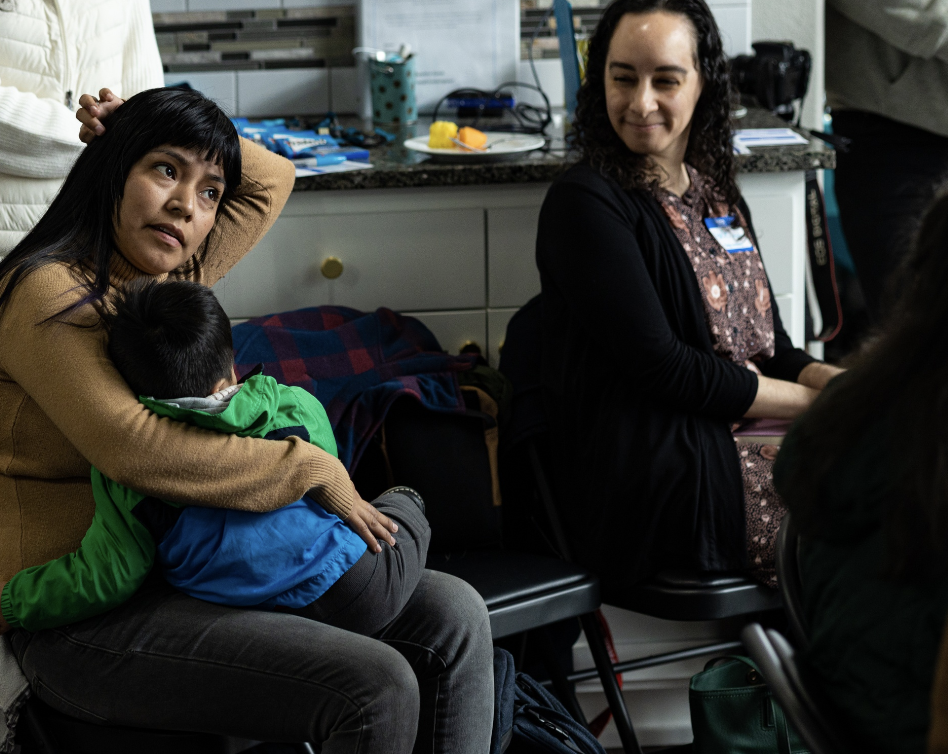


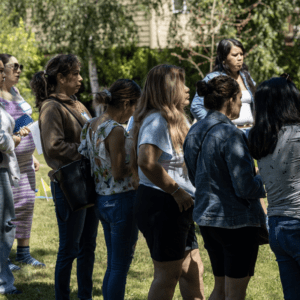
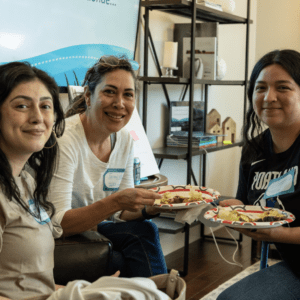
I am a Business Owner Teacher Climate Activist Parent Racial Justice Advocate Researcher Community Member Public Servant Student Social Media Influencer Healthcare Provider Community Organizer Someday Parent
If you’re wondering…
What is lactation equity?
Why should I care?
You’re not alone!
The Coalition is not just for people who have breastfed or had babies. This work needs all of us.
Click below to learn about how the work of this Coalition connects to….
#HumanMilkisaHumanRight
Lactation and Antiracism
Lactation was used as a tool for oppression (genocide) during the era of enslavement where Black enslaved parents were forced to breastfeed the offspring of oppressors, denying Black babies access to human milk. Now, current systems of oppression continue to create barriers for Black parents to initiate and sustain lactation, from disproportionate access to paid family leave to outright racism in lactation care (one study found Black parents were 9x more likely to be offered formula in the hospital than their white counterparts).

Lactation and Workplaces
Supporting lactation in the workplace offers significant benefits for both employees and employers. Breastfeeding provides crucial health advantages for infants and helps reduce absences due to sick children, leading to increased productivity and fewer disruptions at work. By implementing a comprehensive lactation support program, companies encourage longer and exclusive breastfeeding, contributing to better overall health outcomes for employees and their families. Embracing lactation support also strengthens a company’s image, improving recruitment efforts and fostering positive community relations. Creating a supportive environment for lactating employees is an investment in the well-being and success of your workforce.
Lactation and Climate

According to a study published by the British Medical Journal it is estimated that increasing breast/chestfeeding would reduce emissions to an equivalent of removing 50,000-77,000 cars off the road, through reductions in emissions from formula’s dairy industry, transportation, production, and waste. Simultaneously, being able to feed your baby with your body is the best disaster preparedness plan that parents can have, rather than being vulnerable to the increasingly common scenarios of contaminated water sources and climate refugee displacement.
Lactation and Partners
The burden of lactation should never just fall on the the lactating parent. Dads, partners, and all non-birthing parents play a crucial role in supporting the bodyfeeding process! And not all family structures include a parent who can or wants to lactate. But what if we lived in a society where human milk was readily accessible through nonprofit milk banking and peer-to-peer community milk sharing? Equity for trans and queer families, adoptive families, surrogate families, and all family structures demands creative solutions to human milk access so those parents who desire to feed their baby human milk have easy, free, and equitable access to human milk.
Lactation and Culture
Culturally and linguistically-responsive care in lactation should be the standard. Every individual, regardless of their background, deserves personalized and compassionate support on their lactation journey. It’s not just a goal—it’s an essential component of equitable and inclusive healthcare.
Coalition Committees
Care Coordination
One of the greatest threats to meeting personal and community-wide lactation goals is the lack of consistency or coordination between and across all of the many service providers that occupy the perinatal landscape. The Care Coordination committee tackles this threat by: 1) developing community resource guides, 2) establishing consistent breastfeeding messaging, 3) developing a coordinated referral system, and 4) engaging legislators to coordinate policy change.
Workforce Development
The lactation workforce is over 90% white and English-speaking, demonstrating a massive gap in access to culturally-matched and culturally-relevant services.There also is little topic-specific knowledge about milk expression, donor milk, climate resilience, etc. The workforce development committee addresses barriers to a representative workforce by: 1) launching. a multi-level lactation training program, 2) integrating lactation education into existing vocational programs, 3) improving access to mentors.
Lactation-Friendly Spaces
Although breastfeeding in public and in workplaces is protected by law, there continues to be a lack of consistently expected support for lactating parents in public spaces and in workplaces. The Lactation-Friendly Spaces committee works to normalize feeding at work and in all public spaces by: 1) promoting lactation-friendly organizations and workplaces, 2) co-creating educational materials, and 3) identifying ambassadors to build a culture of normalizing breastfeeding in public.
Uniting for Lactation Equity: Join Us in Nurturing Change Together
